The lasting impact of Covid-19 on the built environment is still being debated and discussed. However, there is no doubt that the way we live and travel will change in the long term.
Many of my clients are concerned about how to future-proof their residential products in a post-Covid-19 reality. This is not a new situation – much of our building and civil infrastructure development, from sewerage systems and road grids to the humble door threshold, are a direct response to historic plagues and pandemics.
Looking at the resort market and branded developments, where private residences often sit alongside hotels with shared facilities, operators and developers need to look to the future.
Developers already understand that residential units may need to be reconfigured to allow for more outdoor space and that they need to think about adaptable indoor space for a home office. However, the overall structure, services and amenities in many of these buildings will need to adapt as well.
Circulation poses an obvious problem, especially for tower developments, where the primary mode of circulation is in enclosed elevators. The addition of more elevator cores, wider corridors and doorways will help to alleviate congestion but will inevitably increase cost and reduce useable and saleable residential space.
When it comes to pools, spas, gyms and the communal spaces, that can be critical to a development’s saleability and success in a sophisticated market, developers will need to consider how they can manage the density of usage through safety checks and implementing air filtration systems indoors.
In a similar way that hospitals have negative pressure spaces and sterilised rooms, we are already seeing this technology entering the residential space. For example, the forthcoming Ritz-Carlton in Amman is utilising an air-conditioning system based on UV-C light to neutralise viruses and bacteria in the air.
The role of the doorman and concierge services may change and instead of taking deliveries and packages, they may be required to take your temperature on arrival and ensure safe circulation through the building.
At the Legacy Hotels and Residences, a hotel-condominium development which is part of the Miami Worldcenter, they have planned for a 10,000 sq m (100,000 sq ft) health care facility that can provide medical assistance similar to hospitals with ventilators, MRI, CT scans and surgical suites.
The nine Private Retreats at the Four Seasons Resort in the Seychelles will be available for stays with enhanced health and safety protocols led by global experts being implemented through Lead With Care. In addition to enhanced cleaning and social distancing measures, contact-free engagement will also be available through the Four Seasons App and Four Seasons Chat, available in more than 100 languages, that extends the company’s personalised 24/7 service without the need for face-to-face interaction.
A number of hotels, from Spain to Mauritius, are already looking at trying to ensure safety by creating ‘Paradise Zones’, where guests are pre-tested for the virus before being permitted entry to the resort and facilities.
While this human-level intervention is perhaps the most invasive and divisive in the short term, it is clear from historic precedent that the long-term response to this recurrent problem will have to involve the innovation and cross-pollination of technologies within our built environment and communal spaces.
Further information
Read more about Savills International Development
.jpg)
.jpg)
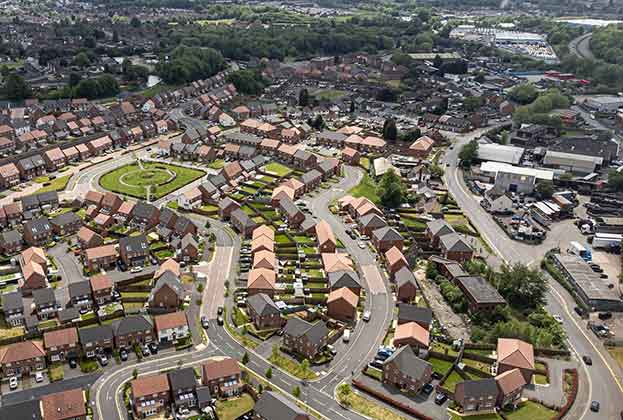
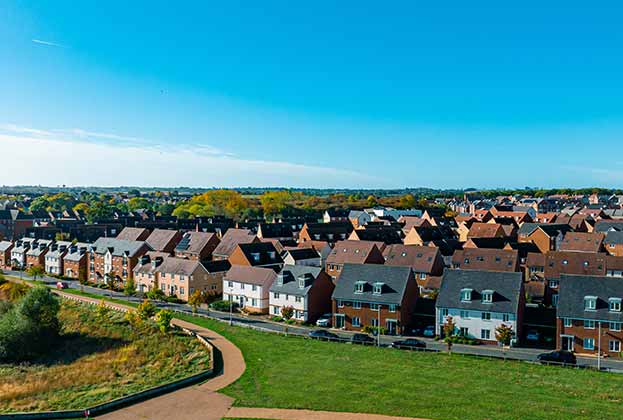
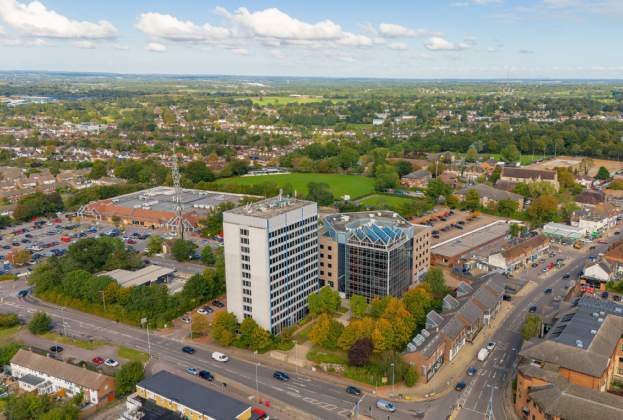
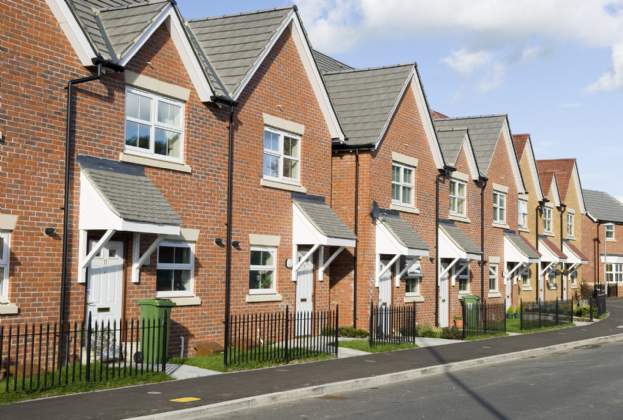
.jpg)
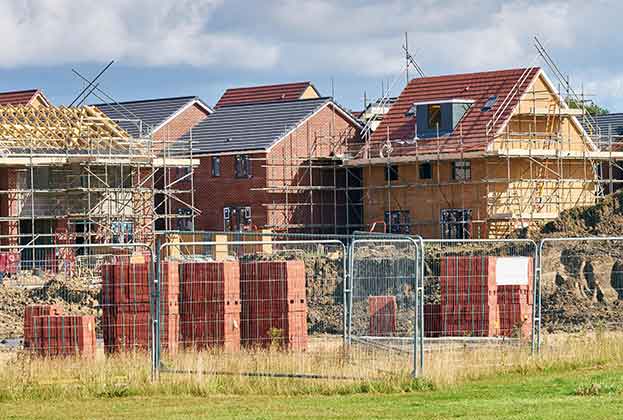
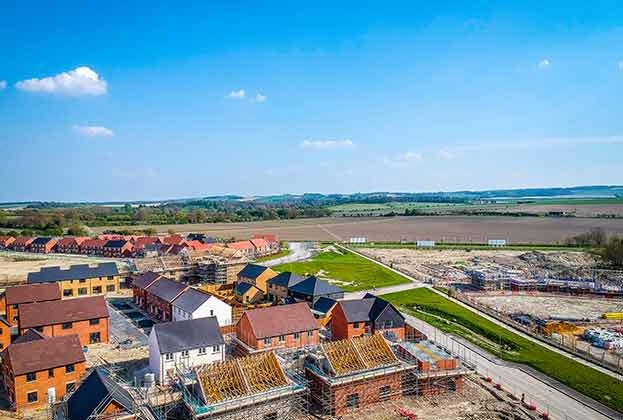
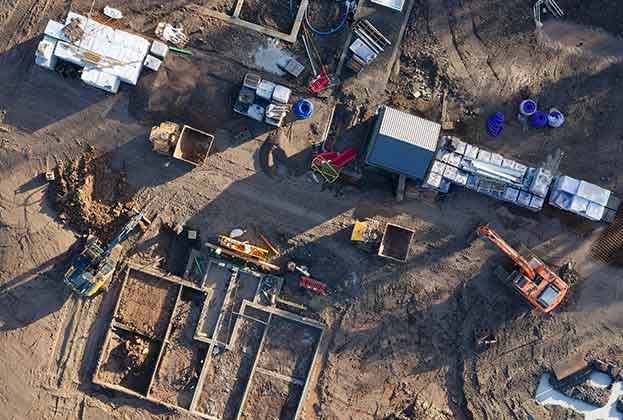
.jpg)